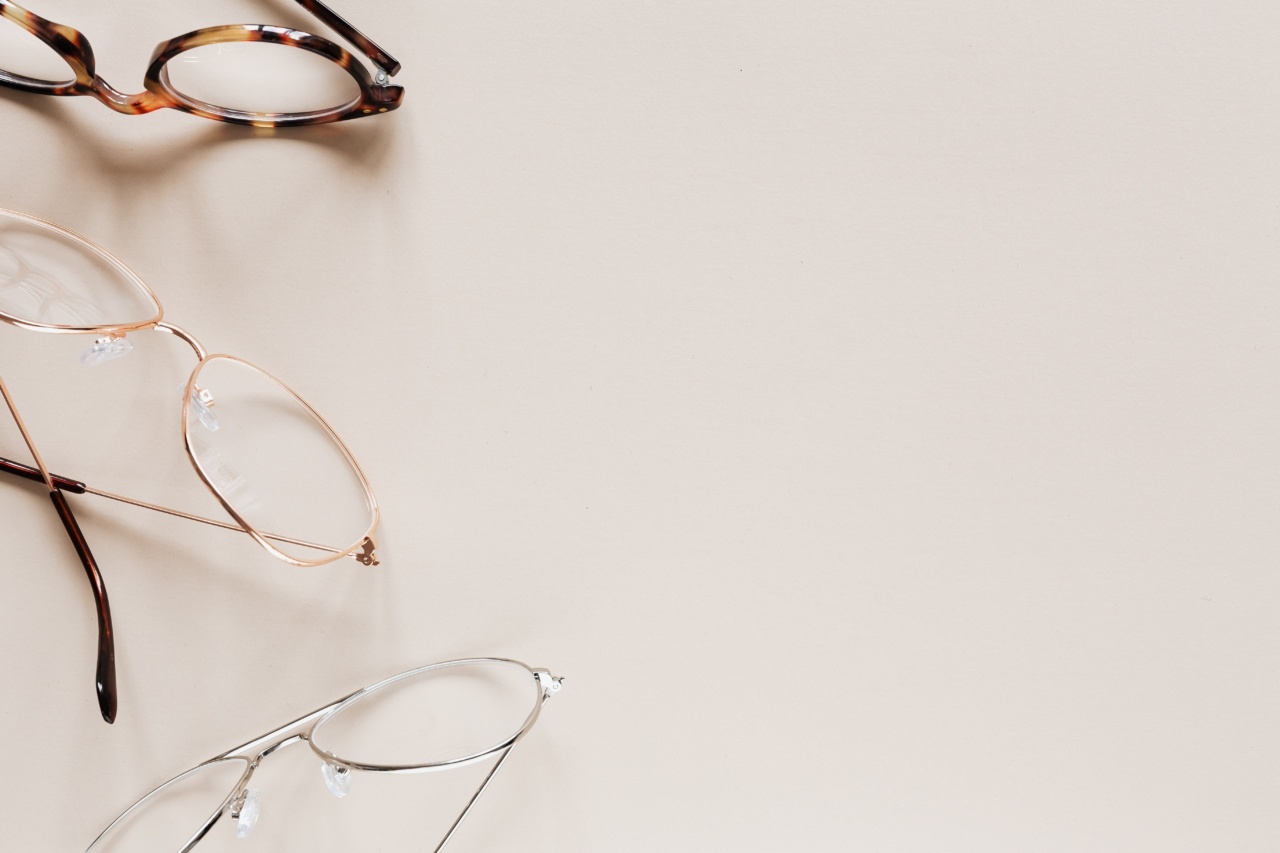Squinting is a natural reflex of the eyes that can help us improve our vision. It is the act of partially closing the eyelids in order to narrow the opening of the eyes.
This action can reduce the amount of light entering the eyes, which can allow us to see better in certain situations.
The science behind squinting
The science behind how squinting improves our vision lies in the way our eyes work. Our eyes are designed to focus light onto the retina, which is where images are formed and sent to the brain for interpretation.
When we squint, we reduce the amount of light entering the eyes, which allows us to see more clearly.
When we squint, the opening of the eyes is reduced, which can help to bring objects that are out of focus into sharper focus.
This is because the reduced opening of the eyes can help to increase the depth of field, which is the range of distances that appear acceptably sharp. By reducing the amount of light entering the eyes, squinting can also minimize the amount of glare and reflections caused by bright light sources.
Squinting and long-sightedness
Squinting can also help people with long-sightedness, a condition where distant objects tend to be clearer than close-up objects. Long-sightedness is caused by the eye being shorter than normal or the curvature of the cornea being too flat.
This can result in light rays not being properly focused on the retina, leading to blurred vision.
When a person with long-sightedness squints, they are essentially narrowing the opening of their eyes, which can allow them to see objects more clearly.
This is because the reduced opening of the eyes can help to focus the light rays onto the retina, improving image clarity. Squinting can be especially helpful when trying to read small text or when working on close-up tasks, such as sewing or crafting.
Squinting and short-sightedness
Short-sightedness is a condition where distant objects appear blurry, while close-up objects remain in focus. This is caused by the eye being longer than normal or the curvature of the cornea being too steep.
This can result in light rays being focused in front of the retina, rather than on it. People with short-sightedness may squint in order to see distant objects more clearly.
Squinting can help people with short-sightedness by effectively narrowing the opening of the eyes and blocking out peripheral vision. This can help to reduce the blurriness of distant objects and improve image clarity.
Squinting can be especially helpful in situations where it is difficult to distinguish distant objects, such as when driving or playing sports.
The risks of squinting
While squinting can be helpful in certain situations, it is important to note that overuse of squinting can have negative consequences.
Squinting for prolonged periods can contribute to the development of fine lines and wrinkles around the eyes, which can prematurely age the skin. Squinting can also cause eye strain, headaches and fatigue, particularly if done in inadequate lighting conditions.
Additionally, squinting can become a habit that is difficult to break. People who squint frequently may find that they have difficulty seeing clearly when they are not squinting.
This can lead to a dependency on this reflex to see clearly, which can further exacerbate vision problems over time.
Conclusion
In conclusion, squinting is a natural reflex of the eyes that can help us improve our vision in certain situations.
By narrowing the opening of the eyes and reducing the amount of light entering the eyes, squinting can bring objects into sharper focus, reduce glare and improve image clarity. However, it is important to use squinting in moderation and to seek professional advice if you are experiencing vision problems.




























